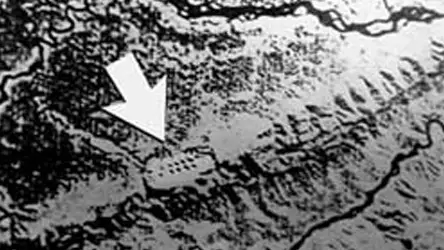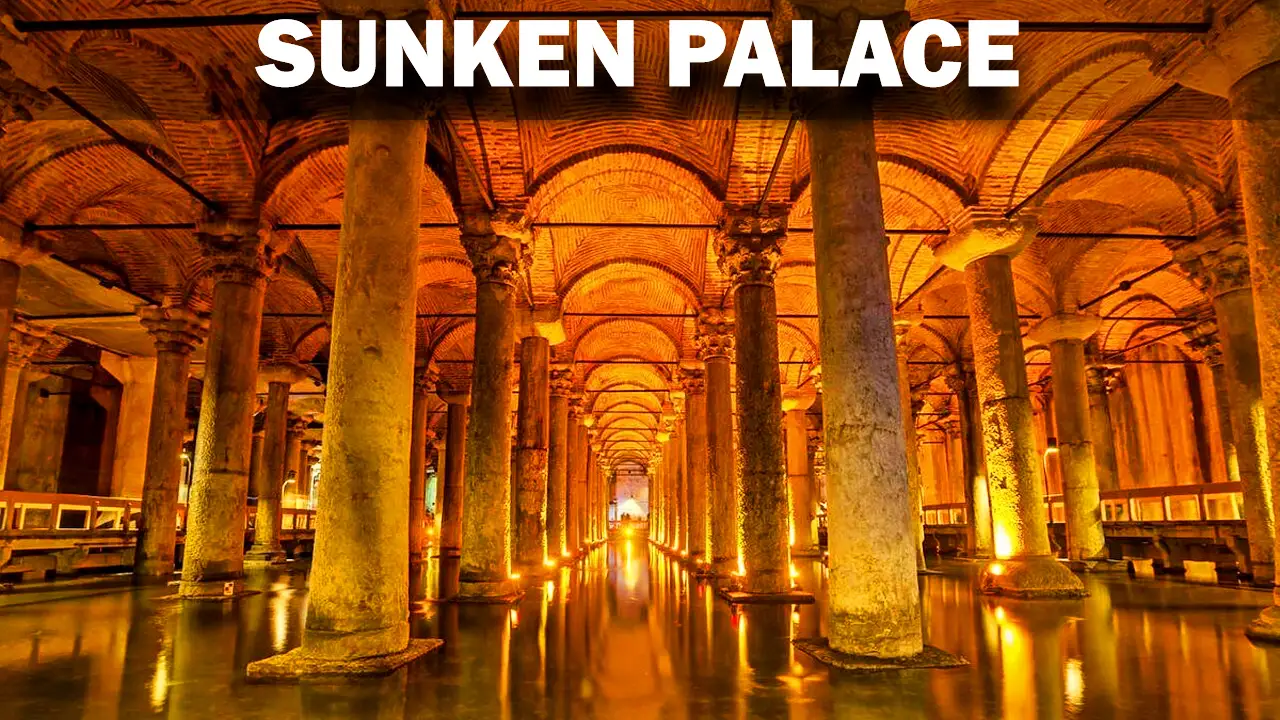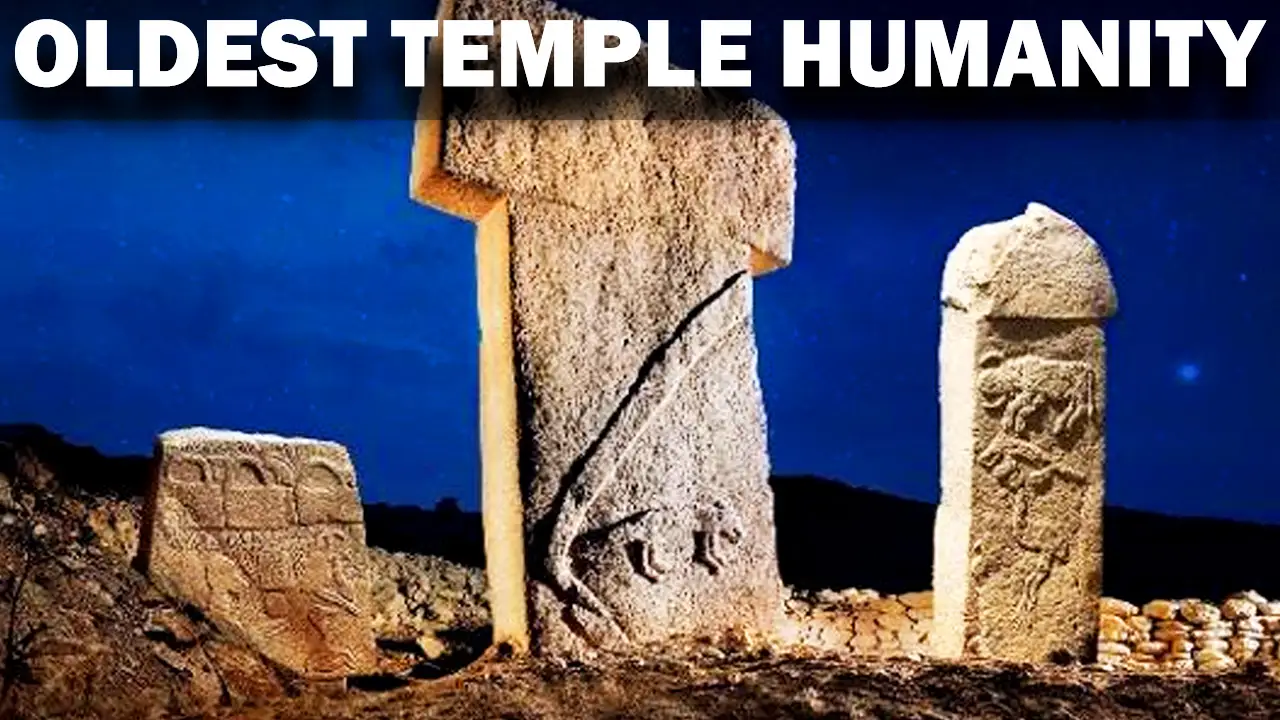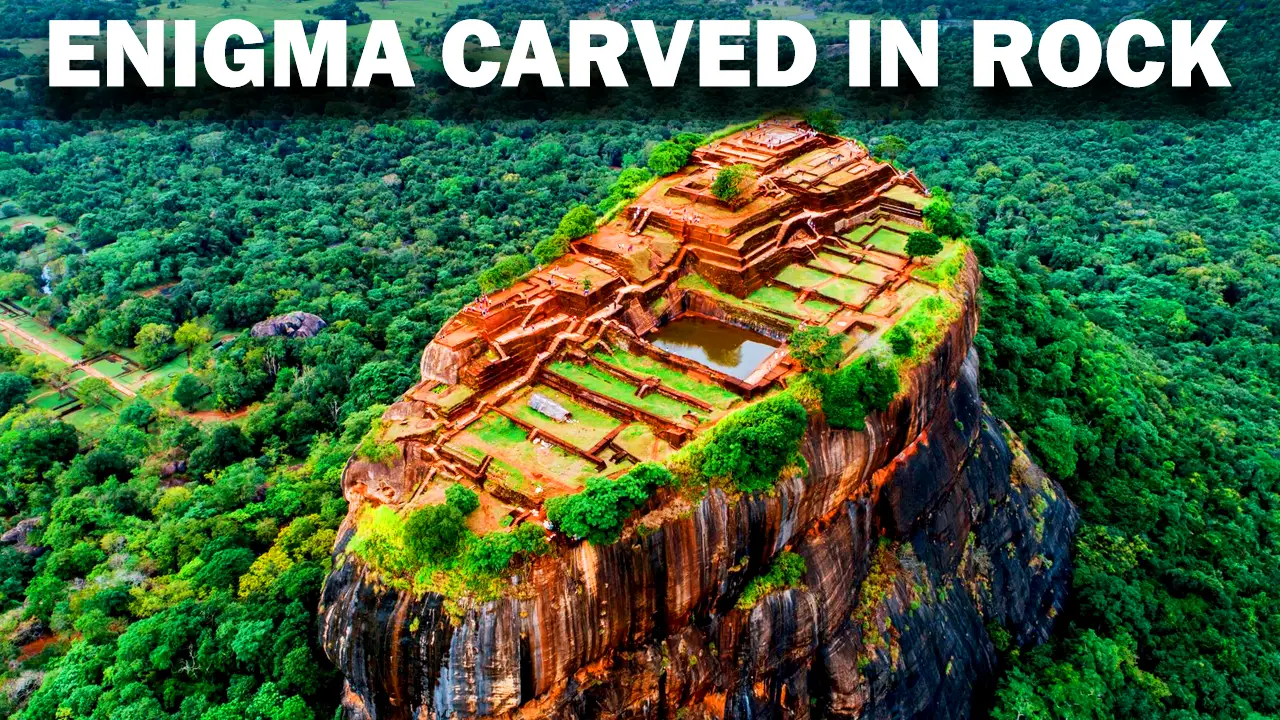In 1976, NASA captured satellite photograph C-S11-32W071-03, revealing something extraordinary in the dense jungle of southeastern Peru: evenly spaced pyramids, arranged like objects lined up in seemingly orderly rows.
An Enigma in the Peru Jungle – Nature or Human Construction?
These remarkable mounds, commonly known as “the dots,” have intrigued researchers who debate their origin and purpose.
While some experts maintain that the Paratoari pyramids are simply truncated spur ridges, taking the form of natural pyramids, another group of researchers defends the bold idea that these structures were erected in ancient times by a hitherto unknown civilization.
This enigma has led numerous adventurers to enter the dense tropical jungle of Manu, in search of answers to unravel the mystery of these formations.
Image Analysis: Natural or Artificial?

Although renowned archaeologists have ruled out the possibility of an artificial origin for the pyramids, others point to the symmetrical spacing between them and the uniformity of their structures as strong evidence against their natural formation.
This debate is reminiscent of the controversy surrounding the recently discovered pyramids in Bosnia. While some argue that they are natural geological formations, others argue that, like those at Paratoari, these Bosnian structures are of artificial origin.
Exploring the Past: The Incas as Builders?
From a historical perspective, the Madre de Dios region has been identified as the refuge of the Incas from the Spanish invasion in 1533. Could it have been logical for the Incas to erect monuments and structures in this region?
The possibility is intriguing and suggests that we should consider the existence of secrets buried beneath the sands, jungles and oceans of the world.
A Future of Discovery: What Will the Paratoari Pyramids Reveal?
The mystery persists, and the uncertainty surrounding the Paratoari pyramids continues. Perhaps, in time, we will unravel the truth behind these mysterious structures.
The Amazon rainforest, still largely unexplored in the 21st century, holds secrets that could redefine our understanding of ancient history.






